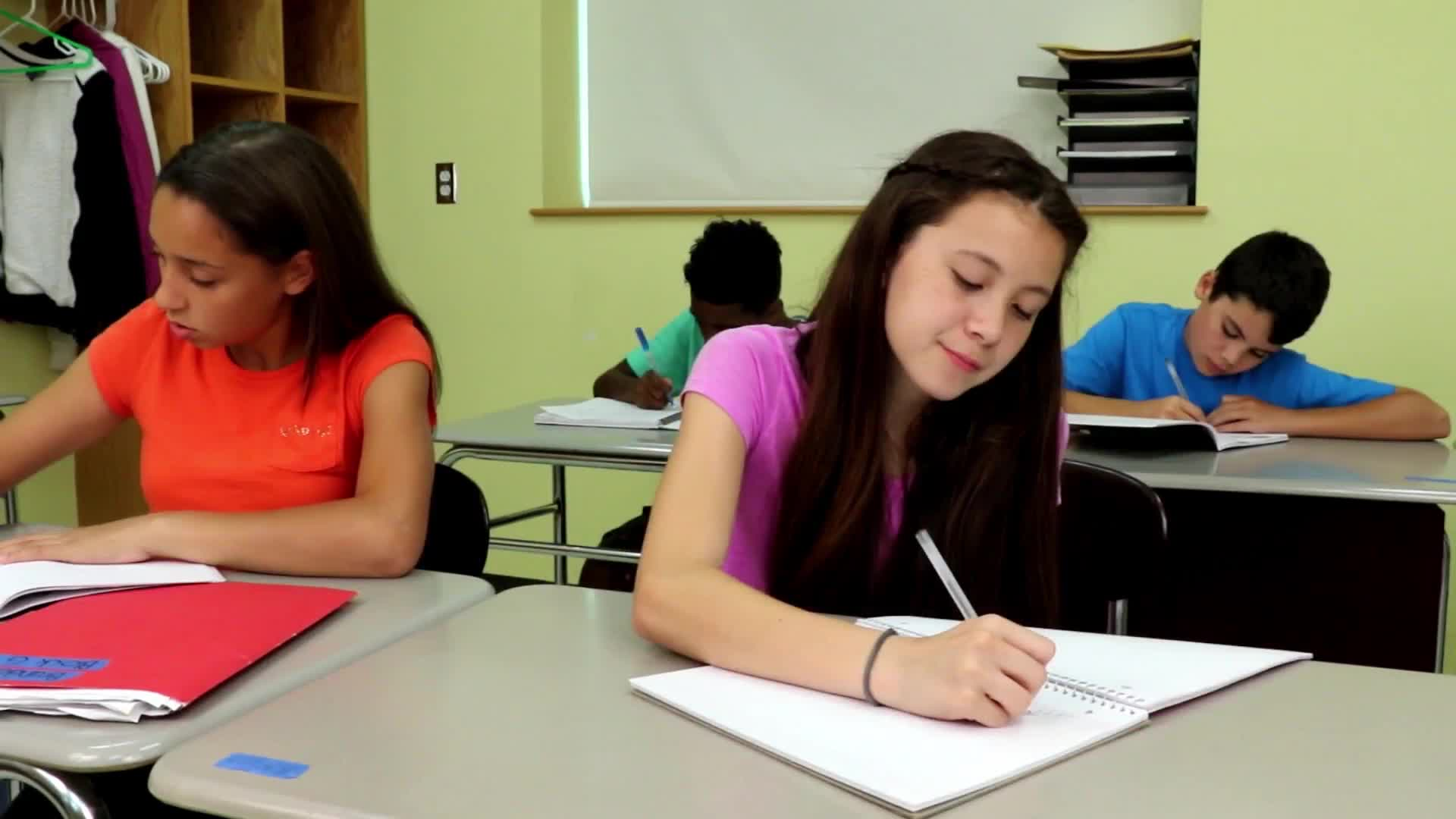
Introduction
Boredom is a common issue students face in the classroom, which can lead to disruptive behavior and negatively impact learning. As educators, it’s essential to teach students how to manage boredom effectively by incorporating principles of Social-Emotional Learning (SEL). This blog post will provide an overview of a no-prep activity, discussion questions, and related skills to help elementary students remain focused and considerate of their peers when they feel bored in the classroom.
No-Prep Activity: The Quiet Challenge
This simple activity requires no preparation or materials from the educator and can be easily implemented in the classroom. When students finish their work and feel bored, encourage them to participate in “The Quiet Challenge.” The objective of this challenge is to find the quietest and least disruptive activities they can do while staying seated. Examples include reading a book, drawing, or solving a puzzle. Encourage students to think of creative ways to stay engaged and quiet without distracting their peers.
As students participate in “The Quiet Challenge,” they will develop self-awareness, self-management, and responsible decision-making skills. These are crucial aspects of SEL that will help them navigate boredom while maintaining a positive learning environment for their classmates.
Discussion Questions
- Why is it important to consider the feelings of others when you’re bored in the classroom?
- How can staying quiet and engaged in an activity benefit both you and your classmates?
- What are some examples of quiet activities you can do when you’re bored in class?
- How can you help a classmate who is struggling with boredom and staying focused?
- Why is developing self-awareness and self-management skills essential in managing boredom?
Related Skills
In addition to managing boredom, teaching students other related SEL skills can further enhance their ability to maintain focus and a positive learning environment. Some relevant skills include:
- Empathy: Understanding and sharing the feelings of others can help students become more considerate of their classmates when they’re bored in class.
- Active Listening: Encouraging students to practice active listening can help them stay engaged and focused, even when they’re not directly involved in an activity.
- Respect for Others: Teaching students the importance of respecting their peers’ needs and feelings can promote a more harmonious classroom environment.
- Self-Control: Developing self-control skills can help students manage their emotions and actions when they feel bored or restless.
Next Steps
Incorporating SEL principles in the classroom is essential for helping students manage boredom and maintain focus. By teaching students to think of others and find quiet, approved activities to engage in, they can contribute to a positive learning environment for everyone. To explore more activities and resources that can help students develop these skills, sign up for free sample materials at Everyday Speech.

